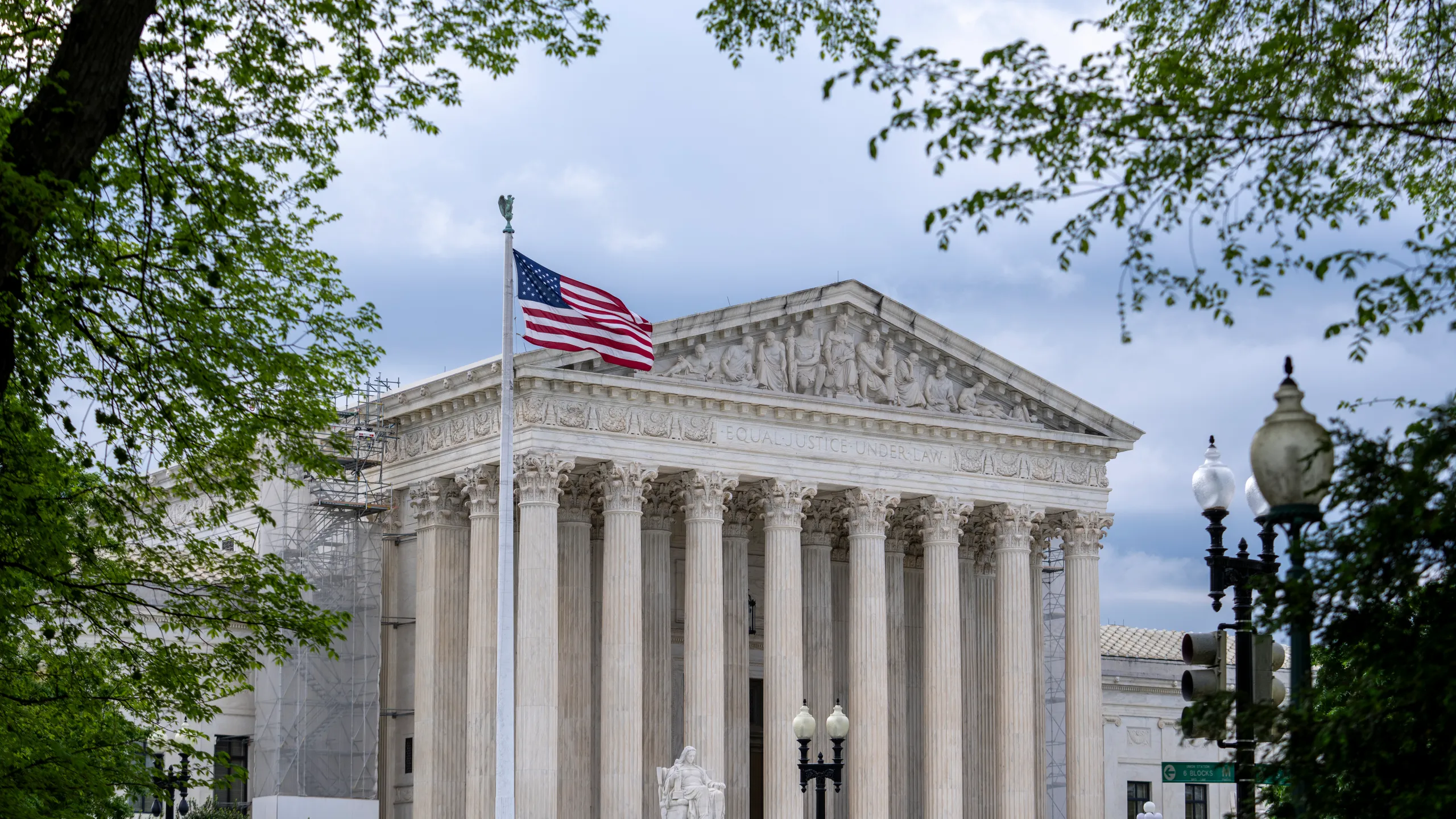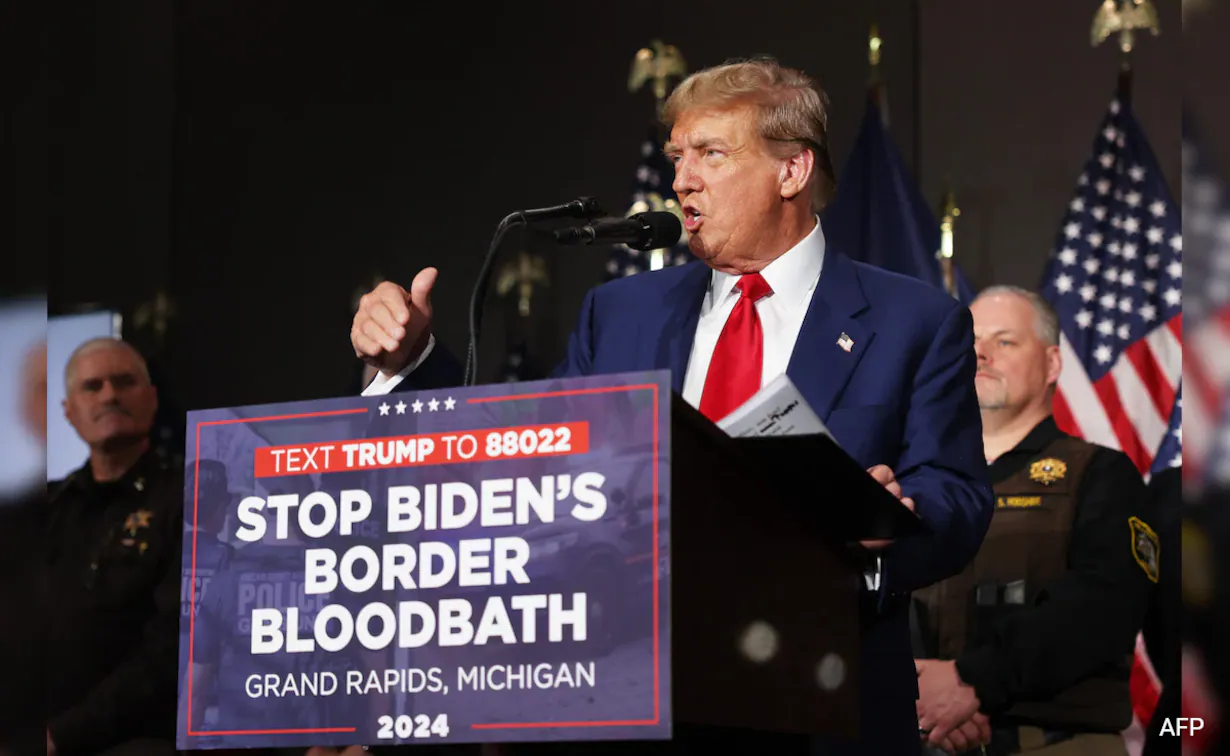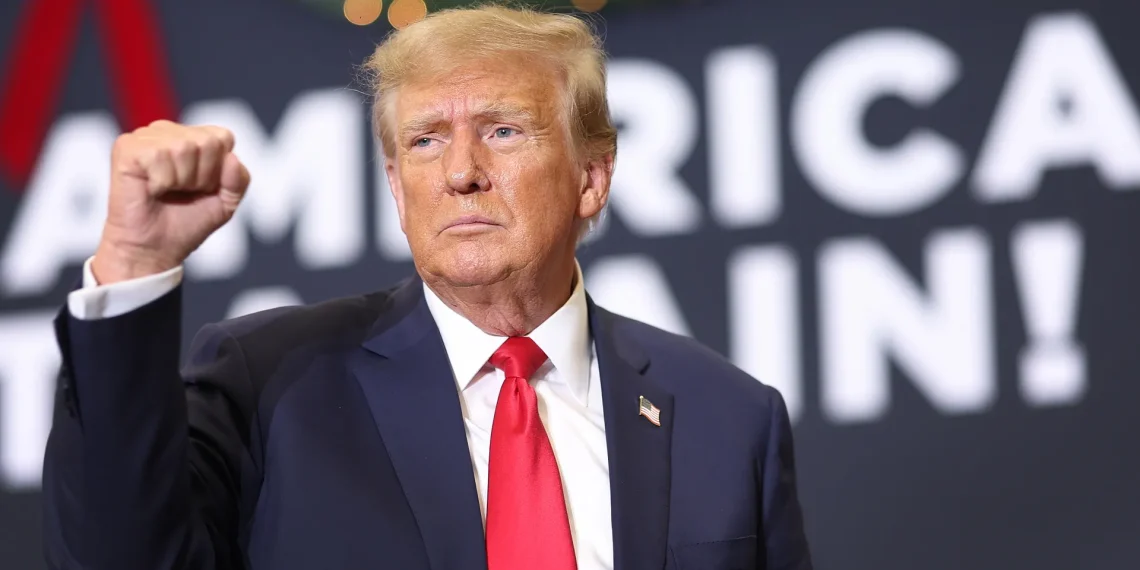In a pivotal Supreme Court session, lawyers presented contrasting views on Donald Trump‘s bid for presidential immunity from prosecution.
Trump’s attorney, D. John Sauer, warned of potential abuse if immunity wasn’t upheld, highlighting the risk of political rivals using future prosecution as a tool for coercion.
Michael Dreeben, representing Special Counsel Jack Smith, argued against absolute immunity, citing dire consequences.

He asserted that such immunity would shield former presidents from accountability for serious crimes, including election fraud and even murder.
The court heard arguments in Trump’s appeal following lower court rejections of his immunity claim in a criminal case.
The charges relate to efforts to overturn the 2020 election results. Liberal Justice Ketanji Brown Jackson noted the dilemma of providing immunity to presidents, it could either instill fear of investigation, hindering their actions or grant them unchecked power.
Justice Jackson expressed concern that immunity could allow presidents to act with impunity, potentially transforming the Oval Office into a hub of criminal activity.
Trump’s lawyer, Sauer, raised hypothetical scenarios involving past presidents facing charges for official actions.
He questioned whether George W. Bush could be prosecuted for misleading Congress, Barack Obama for drone strikes, or Biden for immigration policies.
Sauer argued that immunity was necessary to prevent the chilling effect on presidential decision-making and ensure bold leadership.
Dreeben emphasized safeguards against politically motivated prosecutions while rejecting absolute immunity.

Conservative Justice Samuel Alito probed whether such robust immunity was essential for presidential functioning.
Alito, however, acknowledged the risk of destabilizing democracy if an incumbent president faced prosecution by a political opponent post-reelection.
Justice Sonia Sotomayor echoed concerns about potential failures in the system, highlighting the risk to democracy if safeguards collapsed.





